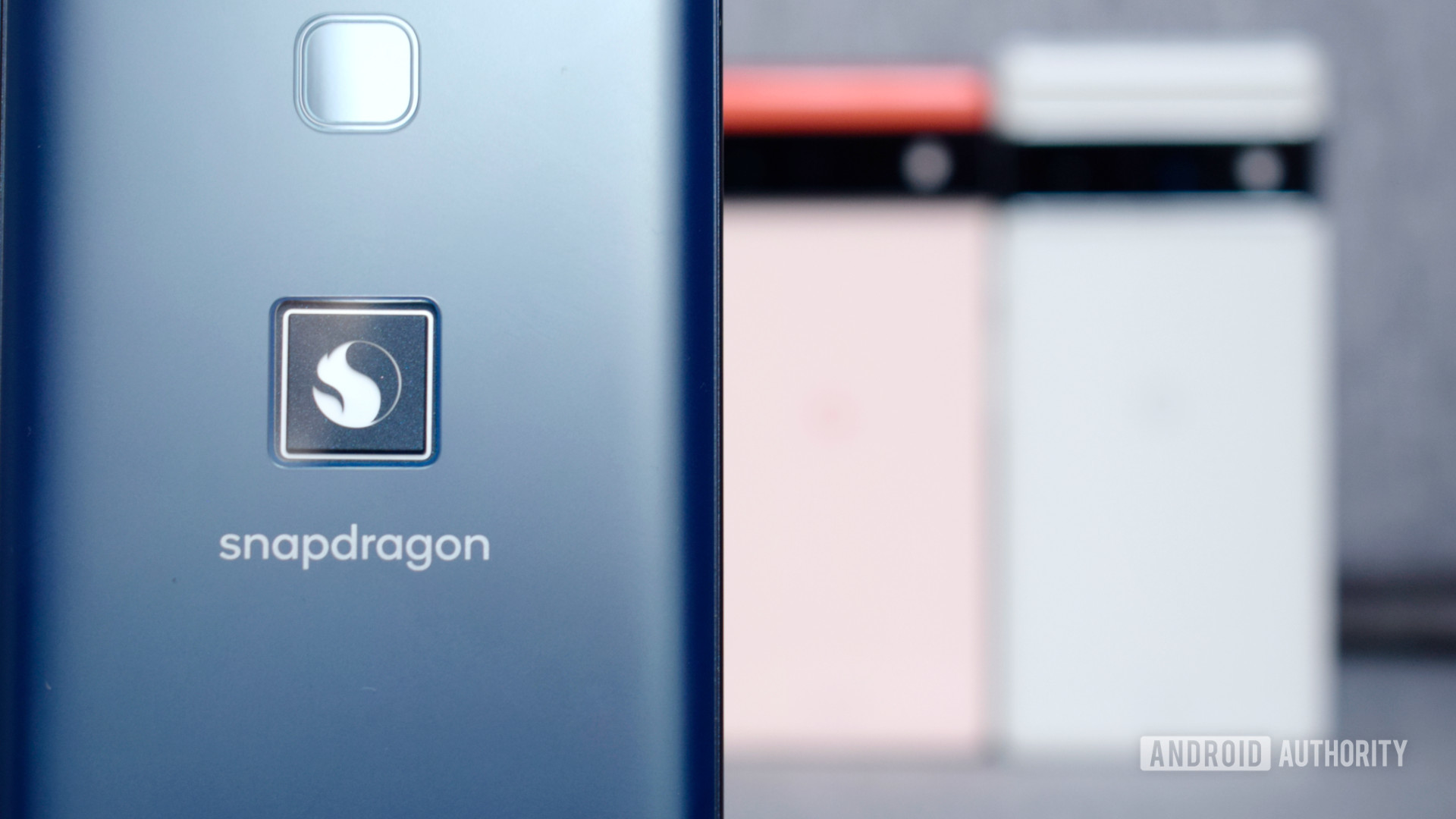
With the Snapdragon 8 Gen 1 touting 20% CPU performance gains and 30% energy-efficient improvements over its predecessor, due in part to the upgraded Samsung 4nm process, Qualcomm’s chip will best Tensor in benchmarks.
The Arm Cortex-X1 core is still perfectly fast, and Google’s chip has two of them, which, in some workloads, could outperform the Snapdragon 8 Gen 1’s single beefy core approach.
We’ve also seen some early signs that the Pixel 6 doesn’t sustain peak performance for long, while Qualcomm’s chipsets historically fair better here, although we’ll have to see what the situation is like with its latest chip and actual smartphones before drawing conclusions.
Broadly speaking, we’re expecting the Snapdragon 8 Gen 1 to outperform Google Tensor in the core metrics but not by a huge amount, and Google’s chip clearly excels in some specific use cases that leverage the chip’s more unique machine learning-oriented design.Not forgetting object segmentation and super res zoom features to rival those you’ll find in the Google Pixel 6.
While the Snapdragon 8 Gen 1 may have the newer processing chops, it’s down to Qualcomm’s partners to get the most out of the chip, either by leveraging Qualcomm’s or third-party IP and software or by building their own handset-specific features on top of Snapdragon hardware.Historically, this has been a source of disappointment, as smartphones have seldom leveraged all the best technologies Qualcomm’s platforms have to offer, be that with 5G capabilities, audio quality, machine learning use cases, or imaging smarts.Tensor and its dedicated TPU are built specifically to power Google’s machine learning and imaging technologies, and they’re already evident across the Pixel 6 user experience.
Google’s renowned HDR+, Night Sight, and Magic Eraser photography tricks all run on the chip without the need for an internet connection, as do voice-enabled features such as Live Caption, Live Transcribe, and an assortment of other Google Assistant features.
The chip’s use of the latest Armv9 CPUs and beefed-up components across audio, imaging, graphics, and machine learning departments undoubtedly outshine many of the Google Tensor’s specifications when placed side-by-side.
While the Google Tensor, and Pixel 6 series by extension, might not keep up in terms of raw benchmarks, they’re still more than performant for day-to-day and heavier mobile workloads.More importantly, the custom processor enables Google to power the machine learning and imaging technologies it requests to build unique user experiences and unique selling points.
Google Tensor and the Pixel 6 are still very relevant today and will continue to be well into 2022
